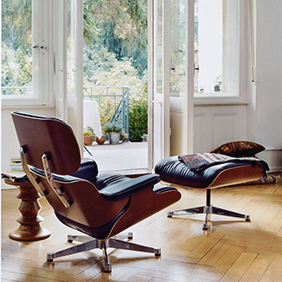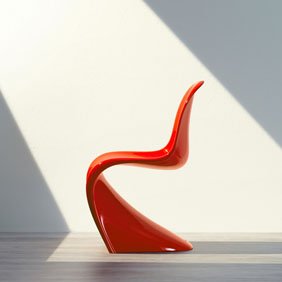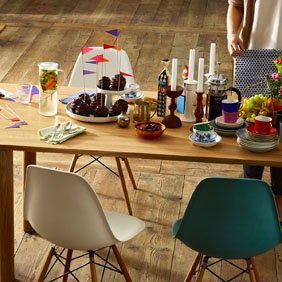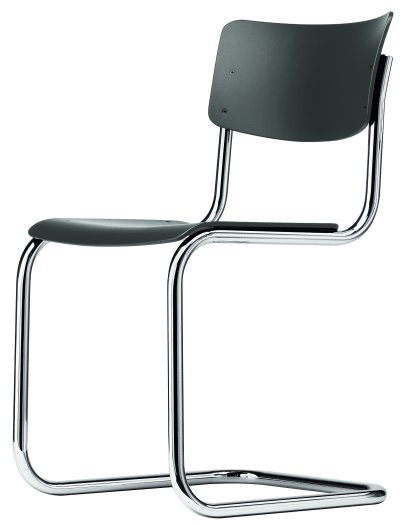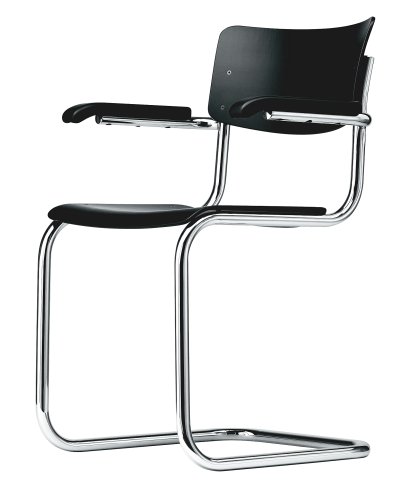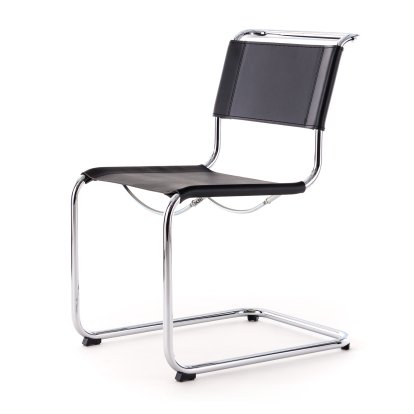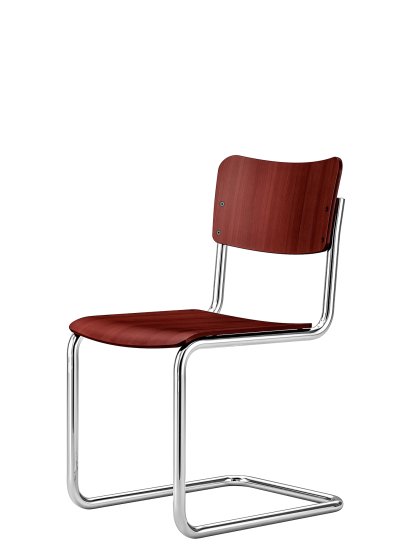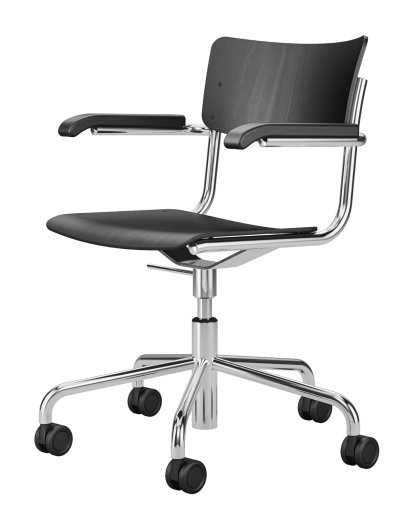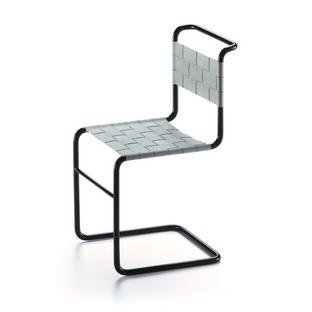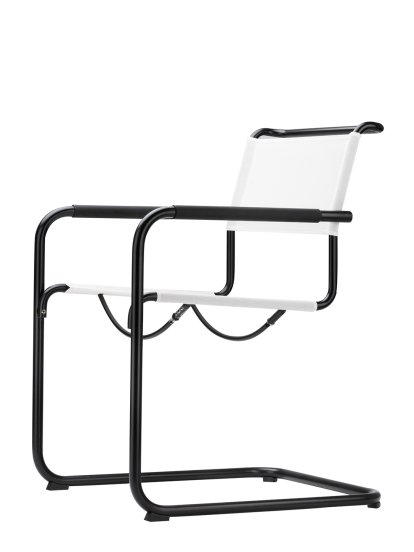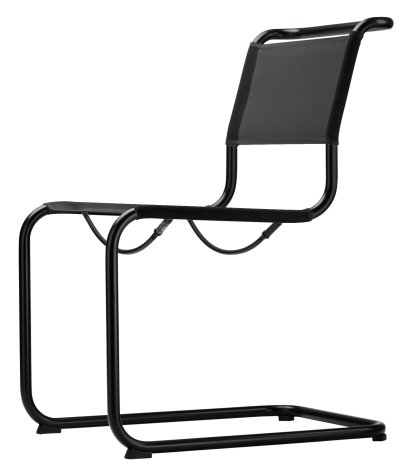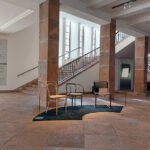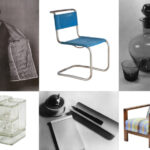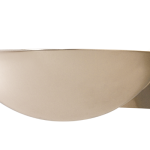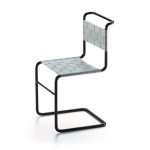Stühle zum (Be)Sitzen, a smow Pop-up at the Grassi Museum für Angewandte Kunst, Leipzig
...A 1927 building exhibition at which Mart Stam premiered his W1 and W2 the, by all accounts and as far as (hi)story has recorded, first cantilevered steel tube chairs and of which the Thonet S 33 that can be explored in Stühle zum (Be)Sitzen is a direct further development, not least in the fact it is not quite as rigid as the W1 and W2: not as formally rigid, is slightly softer, it curves a little more, than the uncompromisingly quadratic of the W1 and W2, and not as structurally rigid, is slightly softer, is more resilient in the sitting experience; a resilience that for all it is today a central feature of the cantilever chair wasn't at the forefront Stam's intentions with the W1 and W2, rather is a resilience which a Ludwig Mies van der Rohe brought to the cantilever, largely because he was extremely critical of, and unhappy with, Stam's design... If, certainly in the case of a Mart Stam, in a much more quadratic reduction that Michael Thonet's curving, flowing reduction...


